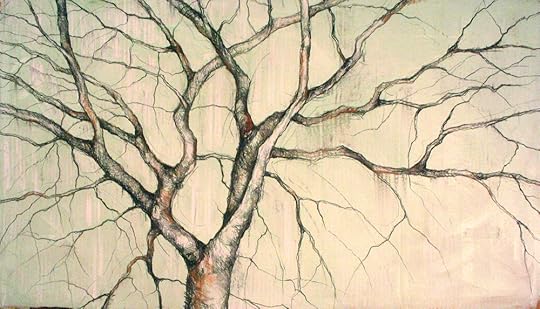Rebellion Without a Cause – How to Start a Revolution

Reforming a cultural, political or religious system doesn’t begin by articulating a ready-made alternative. The problem is that we’re generally so immersed in a given ideology that we can’t even imagine a genuine alternative that isn’t simply a reshuffling of what already exists. Instead of carefully constructed alternatives the revolutionary figure begins by attempting to expose the repressed crisis that already exists within the system itself.
To extrapolate we can reflect upon a situation explained to me by a friend with fundamentalist parents. Each time they come to visit she has to hide all the alcohol in her house. The interesting thing about this situation however is that it was actually her parents who told her to do this. By hiding the alcohol she was able to avoid arguments and retain a modicum of civility.
Here we see how a family system is able to avoid confronting a crisis by engaging in a shared pretence. The point is not that a crisis would occur if her parents saw alcohol, rather a crisis that already exists within the family would simply be made explicit. Once made explicit something would need to happen,
An argument, followed by a return to repression
A split within the family
A change within how the family relate
The first is most likely in that systems strive to retain equilibrium. But, if the repressed is continually brought up, either the family unit will collapse completely, or it will restructure itself in a much more healthy and honest way. One can’t chart in advance what will happen, but the act is still worthwhile: for it will either expose the violence already implicitly within the family system, or it will be the engine that drives positive transformation. You roll the dice and you take responsibility for what happens.
In terms of religion the life of Luther is an interesting example of this process. Luther didn’t want to create the Protestant Church, he simply wanted to bring to the surface the problems that where existing within the institution at the time. His work was initially resisted and so a new type of church was birthed. Yet he also had a dramatic impact on the system that rejected him. It gradually had to face the problems Luther had exposed and reform itself in light of them.
Protestantism was not some pre-conceived system that Luther wanted to start, it was the unexpected outworking of his attempt at internal reformation. An internal reformation that involved bringing up the unspoken transgressions of the system he was part of.
This is analogous to what we see in the development of philosophy. Practically speaking, philosophy began life by questioning the things that were taken for granted by the majority of people. It began life as a systematic, critical exercise of interrogation.
Old ideas where questioned and new theories developed.
As time went on some theories became established, eventually breaking off into new disciplines. In the beginning there was only philosophy, but gradually biology, chemistry, physics, sociology, psychology, phenomenology and the other sciences branched out. Philosophy today continues in its work of interrogating what we take for granted, operating within the sciences it helped birth. Creating the conditions for the conception of others.
The philosophical spirit is thus a spirit that haunts, a spirit that opens up new areas of thought and deepens already existing ones by questioning the things that are taken for granted. In this reading, philosophy can be seen to have two revolutionary effects,
Questioning the fields of knowledge already in existence
Developing new scientific fields
As with Luther, the latter often begins organically and unexpectedly as a secondary effect of the former. The philosopher is not initially aiming to create a distinct field, but rather perceives some problems in a field that already exists. She asks questions, pushes and prods, and, if things progress, creates a space for some advance or revolution in thought.
In my own work I identify these two interrelated parts. On the one hand I want to bring the unspoken transgressions of actual existing Christianity to the surface, and on the other, I’m interested in what new historical manifestation will grow as a result. My public speaking is related primarily to the first, while my development of new collectives is connected to the second. While I have a personal belief in what this new concrete manifestation might look like, I also freely admit that I’m likely wrong.
But this isn’t important. For the only truly vital part of this endeavor is bringing to the surface what lies hidden beneath. If this is done effectively then the old will rupture/reconfigure and something new will be born.
Naming the unspoken can be a difficult job, for the unspoken differs from family to family, community to community, ideology to ideology. In the church world, part of the work involves bringing up the disavowed doubts, questions and intellectual incredulity that lies in a palpable way beneath the surface.
This will involve church leaders coming forth with the courage to speak openly and articulately about those things in their own lives. A recent example of this can be seen in Jay Bakker’s interview with the comedian Marc Maron. As someone who grew up in the center of a religious empire, he knows what it was like at the very heart of the beast. He knows of the walls that are built there to protect people from anxiety and questioning, as well as the damage that those walls cause to countless lives. More than this, in the interview he speaks authentically about how they devastated his own life and how he has gradually learned to break those walls in his own journey toward created a healthier community.
You can listen to the interview here,
http://peterrollins.net/wp-content/uploads/2014/09/WTF_-_EPISODE_530_JAY_BAKKER.mp3
Peter Rollins's Blog
- Peter Rollins's profile
- 314 followers



